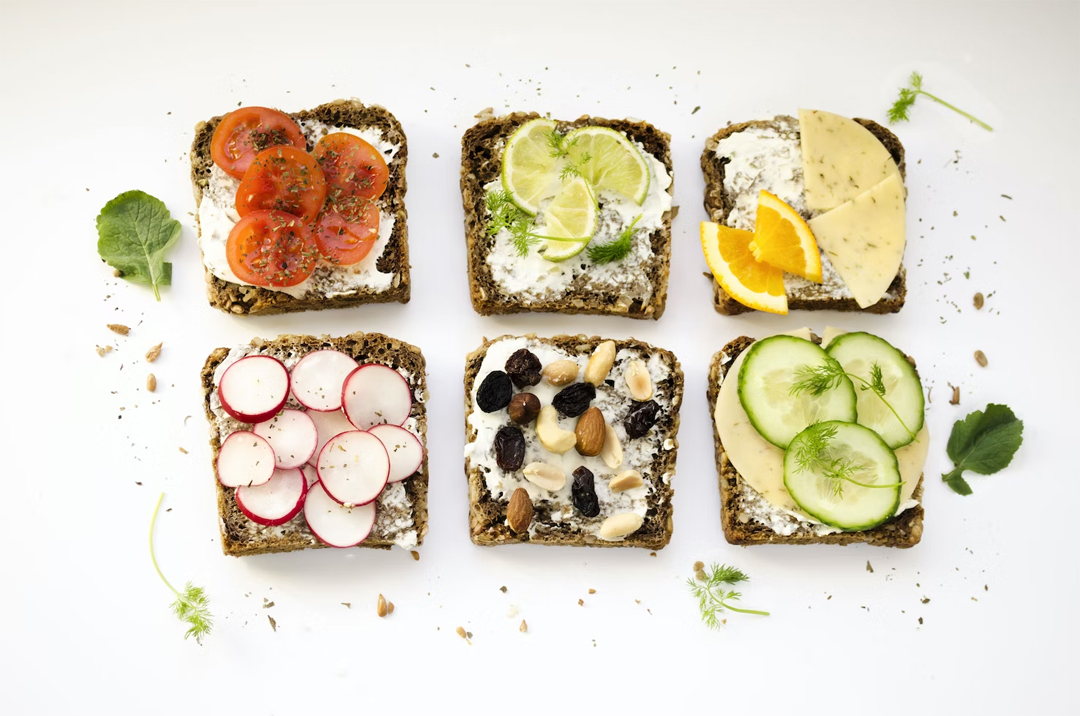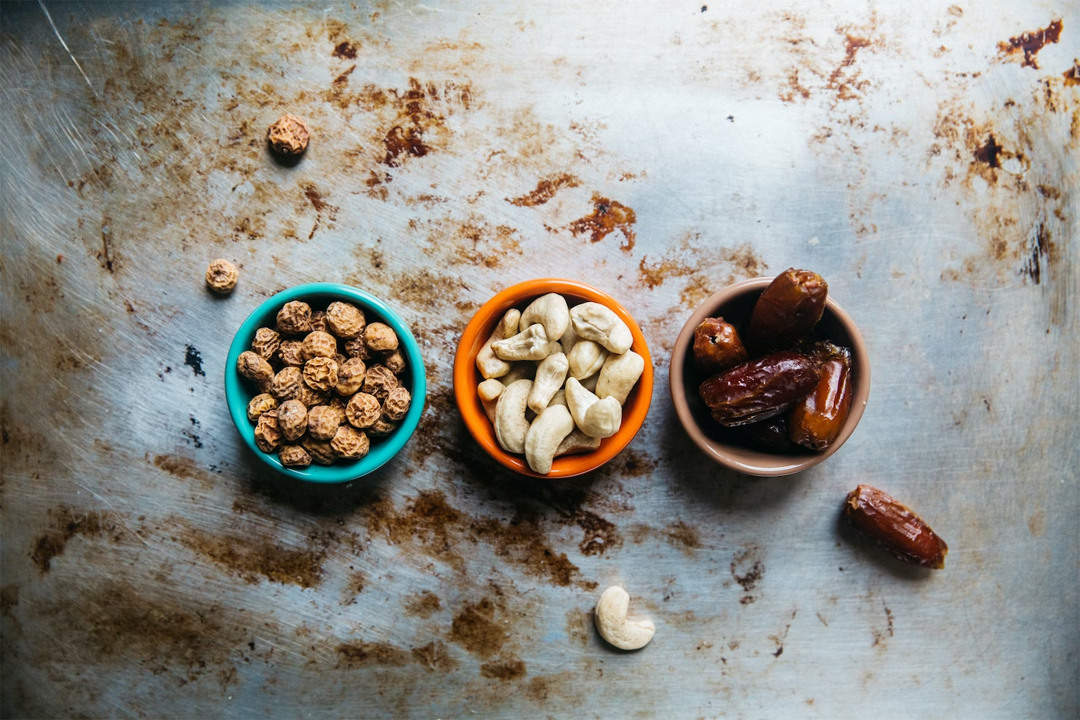
Right nutrition is one of the key factors of a student’s success. You cannot expect to perform well on tests and in class when your body runs solely on junk food and takeout. Sure, it is possible, but it takes much more work. Proper nutrition, on the other hand, can make your brain work better, which, in turn, will require less effort from you.
Of course, unexpected situations, schedule hiccups, and not careful planning are bound to happen, regardless of how you eat. This is when you hire EssayPro dissertation writers for hire and outsource your assignments. It’s a great last-minute option for when you’ve forgotten about a deadline or simply have too many assignments pending. But as for the rest of the time, eating well, exercising, and planning your schoolwork can help you elevate your game. In this article, we will tell you how to do just that.
Balanced Meals
Many students only eat a full plate of food instead of a cup of noodles or a snack when they come home for the holidays. They usually say they don’t have enough time for cooking or simply don’t have the amenities. But the truth is, you don’t need that much time and, sometimes, can do just fine without a fully-stacked kitchen.
Just think about it: running to a 7/11 for an instant ramen takes literally just as long as making a sandwich. The main difference is that you decide what to put in that sandwich. Try to find when you like to eat and what works best in sandwiches and salads. We’re talking fresh veggies, cold cuts, cheeses and spreads.
Avocado is a powerful brain booster that is nutritious and filling. It contains folate and vitamin K, which can greatly improve your brain function. Fatty fish like salmon, tuna, sardines or trout are abundant in Omega-3. It can help improve cognition and memory and even reduce symptoms of depression.
alnuts are also a source of unsaturated fats with all the same benefits. Leafy greens like kale contain antioxidants, vitamins K and E, that can help improve memory and alertness. Tomatoes are also rich in antioxidants that help improve memory!
Doesn’t this look like a perfect salad? Or, you could slap these ingredients between two pieces of whole-wheat bread, and you’ve got yourself a sandwich to eat between classes!
If salmon is too expensive or you don’t have the amenities to cook it, substitute it for chicken. You can even buy it cooked. Look for chicken breast or boneless skinless thigh. While it doesn’t offer the same brain-boosting benefits, it’s filling and inexpensive. Although any dietitian would recommend you splurge on fish from time to time.
If you don’t eat meat, tofu is one of the best meat substitutes out there. It’s a source of complete protein, helps manage cholesterol, improves heart health and is extremely rich in nutrients. Besides, it can be cooked in a myriad of different ways, which makes it extremely versatile.

Healthier Snacks
Any student will agree that sometimes, you have to write one essay, order another one from the best paper writing service, and read a billion more books, all in one night. It’s natural not to have a minute to spare for eating, let alone cooking. This is when having your pantry stocked with healthier snack options can be a lifesaver.
Fruits, especially citrus, can have an anti-inflammatory effect on your gut. They are also rich in flavonoids and antioxidants that boost brain function. Berries can boost communication between brain cells, making you more productive and improving your memory.
Focus on darker-colored ones like blueberries or blackberries; strawberries and raspberries can have a similar effect, just to a lesser extent. Nuts, dark chocolate and even coffee in moderation can have a similar effect on your brain.
You will definitely want a snack during your hardcore study nights, so why not make it a healthy one? If you don’t have anything handy, don’t beat yourself up. It’s okay to have a bag of chips or a candy bar every once in a while; you don’t have to feel guilty about it. But it’s important to prioritize your health and think about the long run.
How to Eat Better as a Student?
Making time for cooking is not easy, especially when your schedule is packed with classes, homework assignments and test prep. It’s also unrealistic to expect that you’ll go out with your friends and will not crave junk food after a bar crawl. But eating well is a life-long habit. So, it’s only natural that it will take time and effort to form.
Follow the WHO’s recommendation as to the perfect plate:
- ¼ proteins
- ¼ carbs
- ½ veggies
Try to have a salad with every meal. We don’t mean a loaded one with a bunch of protein and mayonnaise-based dressing. It’s totally fine as its own meal. But a side salad can be simply a few vegetables like a tomato and a cucumber with a drizzle of olive oil and salt for added flavor. Pair that with bolognese pasta, and you’ve got yourself a balanced plate, according to the World Health Organization.
Before moving into a dorm, see if they have kitchen amenities available or if you can at least bring a microwave. If you have a choice, try to look for a dorm that supports at least some level of cooking. Make it a habit to go grocery shopping and don’t go hungry. Figure out your favorite meals and see how to make them the easiest.
Consider unconventional recipes, like avocado pasta or a pasta salad. Try to have staple ingredients like rice, chicken and pasta always stocked. Prep your meals ahead of time and freeze them. Or marinade your meat or tofu and freeze that. Then, you’ll have a meal that comes together in less than 20 minutes.
Wrapping Up
Eating healthily as a student is not easy, and it’s natural that students don’t have time for cooking. But if you see the benefits that proper nutrition gives you, it might be easier to make time for it.
Keep healthier snacks in your pantry and learn some basic recipes. If you’re just learning to cook, there’s no need to impress anyone; it can be only about sustenance at first. Figure out your favorite dishes and perfect them so that they take little time to cook and you always have the needed ingredients.
Lastly, be realistic about it. Sometimes, you just can’t ‘eat clean,’ and it’s totally fine. Every habit can be broken and built up again. The worst thing you can do is beat yourself up about it.
Comments
comments